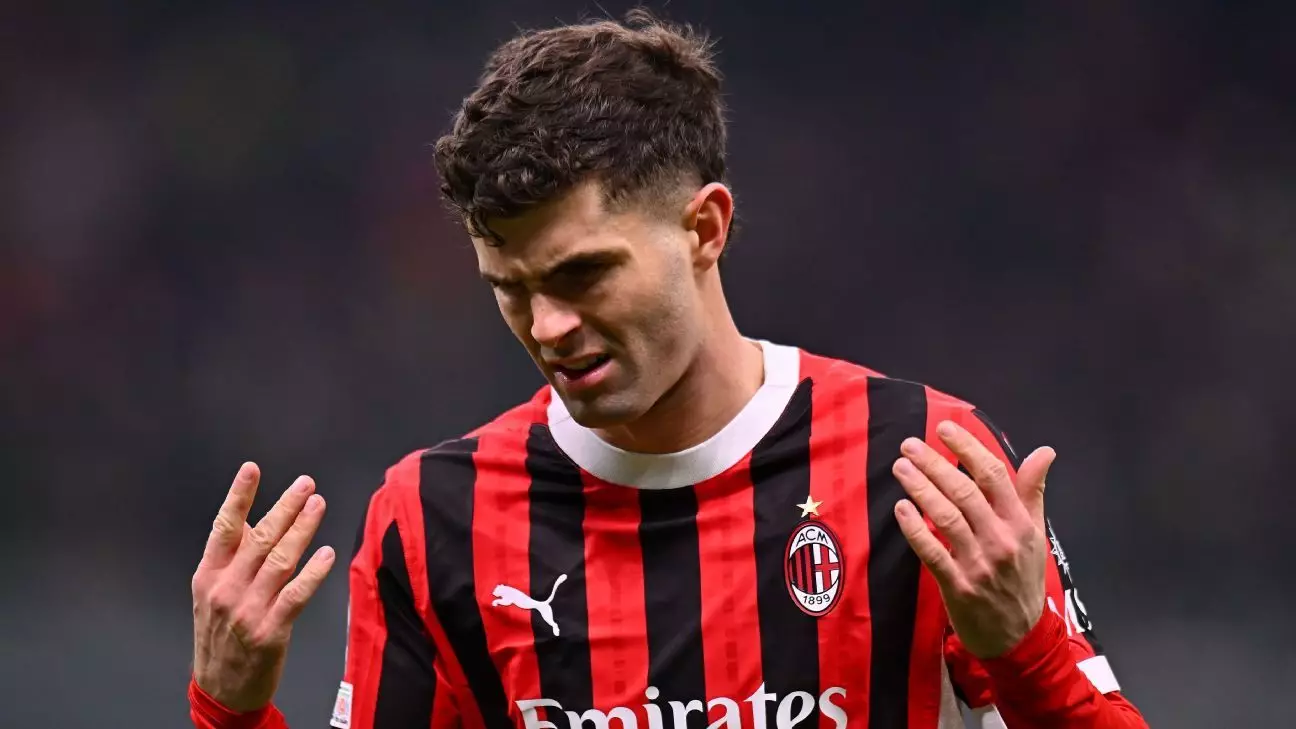AC Milan’s recent journey through the Champions League ended in disappointment as they faced a painful exit following a 1-1 draw against Feyenoord, which culminated in a 2-1 aggregate loss. Needing to overcome an initial 1-0 setback, expectations were naturally higher for a club of Milan’s stature, especially after bolstering their roster with significant winter transfers. This setback raises critical questions about the team’s current trajectory and strategic decisions in the face of disappointing performance.
In response to these disheartening developments, Zlatan Ibrahimovic, the club’s senior advisor, has publicly defended AC Milan’s transfer strategies. Ibrahimovic, who transitioned into this advisory position post-retirement, emphasized that the club’s commendable efforts in the winter transfer window were aimed at enhancing the squad’s capabilities. Significantly, Milan welcomed talents like Joāo Félix on loan from Chelsea and secured Mexico’s Santiago Gimenez on a permanent basis. The expectation was clear: to fortify a side that, despite its efforts, underperformed on the European stage.
“This was a goal for us, so it’s a disappointment,” Ibrahimovic stated, drawing attention to the club’s aspirations. He recognized that even in light of those acquisitions, tangible results in competitive play aren’t guaranteed, underscoring a familiar reality in modern football: investment does not always ensure triumph.
Reflecting on the current squad’s composition, Ibrahimovic highlighted that despite the departure of notable figures such as Olivier Giroud and Davide Calabria from the title-winning 2022 Scudetto team, the current roster possesses enhanced quality. Aiming to rally optimism among fans, he proclaimed, “This team has a better chance of winning.” While his perspective as a current advisor is undoubtedly biased, it raises an intriguing point regarding the evolution of team dynamics and depth.
The transformation from a championship-winning side to a rebuilding phase places further scrutiny on how effectively Milan has managed its transitions. Questions linger over whether these new recruits can integrate successfully and produce desired outcomes in high-pressure matches going forward.
Reflections on the Match’s Dynamics
The Champions League clash showcased a tumultuous journey for Milan, particularly following a critical moment when Theo Hernández received a second yellow card for simulation, reducing the squad to ten men. Félix lamented, noting, “We were in control, but everything changed after Theo’s sending off.” This instinctive fluctuation in match dynamics displayed a vulnerability that has plagued Milan during pivotal confrontations in recent campaigns.
Ibrahimovic, attempting to contextualize the defeat, acknowledged the referee’s stringent application of the rules but acknowledged a greater accountability resting on the shoulders of the players. “We killed ourselves. It’s our fault,” he asserted, attributing the loss to a lack of maturity and composure. Such a candid self-assessment suggests that the mental fortitude of players remains a vital area for growth.
With the Champions League aspirations dashed, Ibrahimovic urged the squad to recalibrate their focus on Serie A, where Milan currently sits seventh, trailing Juventus by five points in the race for the fourth position, which secures Champions League qualification for next season. Achieving a top-four finish is essential not only for prestige but also for the financial resources that accompany participation in Europe’s elite competition.
Moreover, the club is still competing in the Coppa Italia, carrying potential for redemption this season. “We will try to save the season by winning the Coppa Italia and finishing in the top four in Serie A,” stated Félix, anchoring the club’s ambitions firmly in the domestic arena. Milan has an opportunity to salvage a challenging campaign; success in the domestic cup could signify a turning tide.
AC Milan’s path forward necessitates reflection, adaptation, and an unwavering commitment to improvement. The disappointment experienced in the Champions League, although painful, could serve as a catalyst for the club’s resurgence on both domestic and international fronts.

